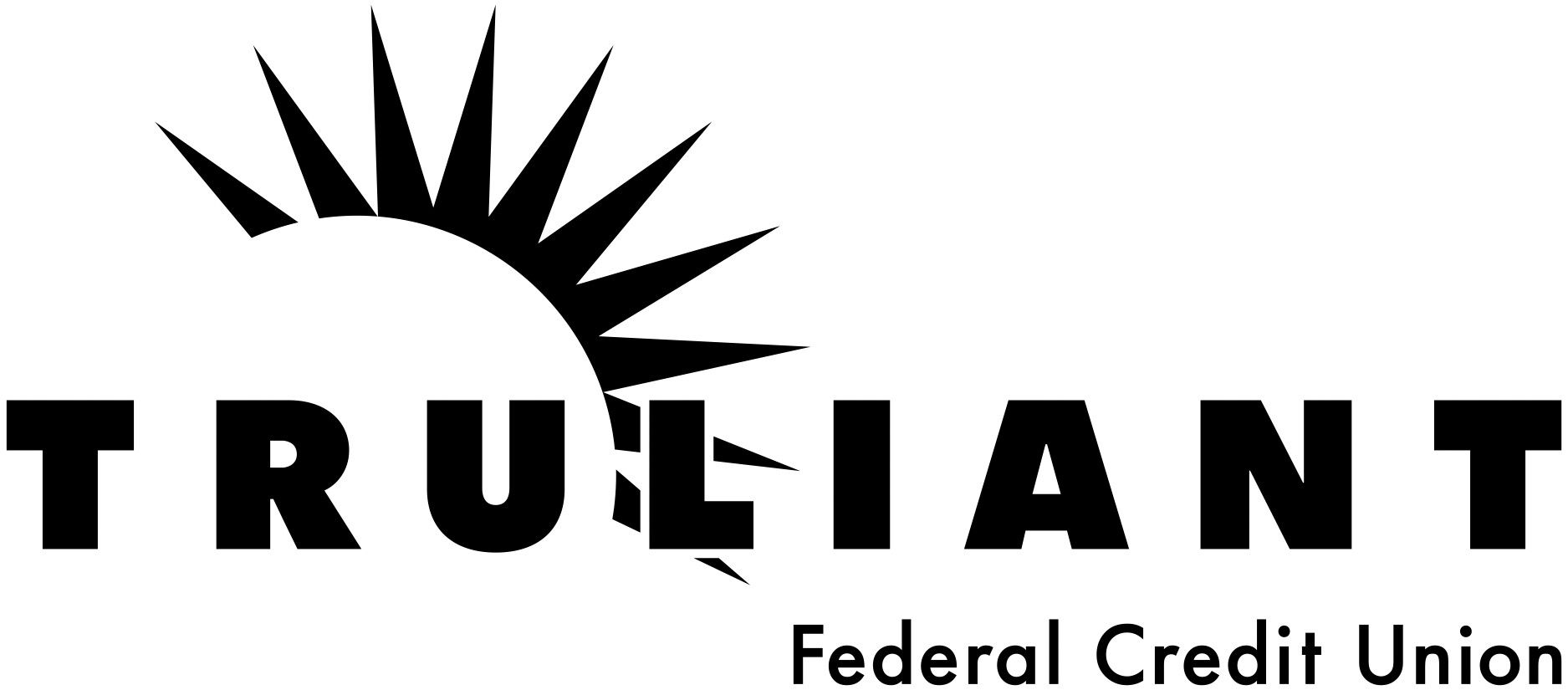Top Six Spending Habits that Lead to Debt

Six Spending Habits That Will Land You in Debt
Saving money and staying out of debt are as much a function of habits as they are finances.While someone who has a meager income may be debt-free, a high earner could end up in the red by making poor decisions. Bad habits are what get you into financial trouble. Read on to learn more about six spending habits that can lead to debt.
1. Not Making a Budget
This problem occurs when you spend uncontrollably without any idea of whether you'll have enough money left over. A budget offers a way of being mindful of your spending and comparing it to your resources. It's a top-down plan to keep spending in check by setting up categories and limits and working within them. A budget is a way of making goals and planning your spending accordingly. In other words, it's designed to keep you from spending money you don't have. To start, simply make a list of your income and your expenses. Once you have a good idea of your spending habits, you can start addressing areas to cut back and save. The goal is to spend less than you bring in and to avoid borrowing money to make up the shortfall.
2. Budgeting to the Penny
When you budget each month, make sure that even your worst-case scenario results in a small surplus. Cutting it too close when planning for spending will lead to a deficit. Many people have trouble sticking to a budget. In addition, there are always unplanned expenses both large and small. When you leave no room for error, you increase the chances that unplanned spending will lead to debt. For most, the budget ends up being the best-case scenario because unexpected expenses always seem to emerge. It's wise to build a little bit extra into a monthly budget to stay above water.
3. Having Too Many Credit Cards
While you should have enough credit cards, having too many is a recipe for trouble. When the available credit is there, people have a temptation to spend because they can do so without having to pay it back immediately. There’s nothing wrong with having more than one credit card. The problem is when you have a wallet full of plastic that you're tempted to use.
While credit card perks are great, taking advantage of them too frequently leaves you with many opportunities to dig yourself a financial hole. Have an honest conversation with yourself about how much credit you really need. This will prevent you from financially overextending.
4. Not Having an Emergency Fund
Career Builder recently published the results of a survey that showed that approximately 78% of Americans live paycheck to paycheck each month. This means that when there's a large unplanned expense, most people need to borrow money to meet that obligation. This is exactly how a vicious cycle of debt begins. Everyone has experienced an unexpected car repair or a medical expense. However, according to a recent Bankrate report, 63% of Americans can't afford a $500 car repair or a $1,000 emergency room bill. They will need to scramble to cover these expenses if they don't have enough in their accounts.
Life is full of surprises and most of these surprises will cost you. Putting away a little bit each month into an emergency fund can provide peace of mind and a cushion to deal with these occurrences. Resist the urge to tap into the emergency fund for other reasons, and keep this account off-limits except for when it's truly needed.
5. Being Overly Optimistic
Many people will rationalize spending money they don't have by thinking that they'll simply find a way to get the money in the future. However, it rarely works out this way. Assume that your income tomorrow will be the same as it is today. Budgeting or spending based on speculation is a recipe for disaster. Never expect an increase and don't start spending that raise until it's in your checking account. Budget based on reality as opposed to hope. In other words, continue to save for what you want and purchase it in the future as opposed to buying it now and thinking that the income will follow to pay it off.
6. Impulse Spending
Impulsive spending is perhaps the biggest way to get into debt trouble. Nobody is saying that you can’t be good to yourself every now and then with a purchase. It's human nature to buy things to make yourself happy, and there's nothing wrong with it on occasion. However, too much unplanned spending will blow away any semblance of a budget. The best way to avoid this is by waiting a week, or 30 days if you can, to make sure you really want, and can really afford, that impulse purchase.
At Truliant, we offer low-rate debt consolidation loans and no-cost credit reviews for our members. If you feel trapped in an endless cycle of debt, start with us. We can help you establish better spending habits, and potentially save you money.
Resources:
https://www.investopedia.com/financial-edge/1109/6-reasons-why-you-need-a-budget.aspx
https://twocents.lifehacker.com/how-to-build-an-emergency-budget-and-why-you-need-one-1707076612
http://press.careerbuilder.com/2017-08-24-Living-Paycheck-to-Paycheck-is-a-Way-of-Life-for-Majority-of-U-S-Workers-According-to-New-CareerBuilder-Survey
https://www.prnewswire.com/news-releases/63-of-americans-cant-afford-500-car-repair-or-1000-emergency-room-visit-300200097.html








